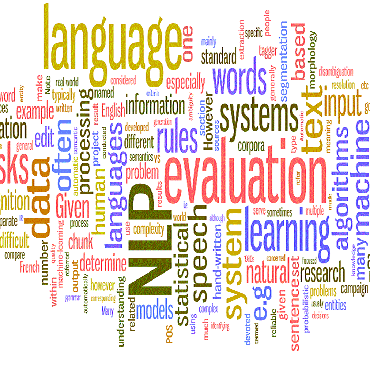User-generated replies to hate speech are promising means to combat hatred, but questions about whether they can stop incivility in follow-up conversations linger. We argue that effective replies stop incivility from emerging in follow-up conversations - replies that elicit more incivility are counterproductive. This study introduces the task of predicting the incivility of conversations following replies to hate speech. We first propose a metric to measure conversation incivility based on the number of civil and uncivil comments as well as the unique authors involved in the discourse. Our metric approximates human judgments more accurately than previous metrics. We then use the metric to evaluate the outcomes of replies to hate speech. A linguistic analysis uncovers the differences in the language of replies that elicit follow-up conversations with high and low incivility. Experimental results show that forecasting incivility is challenging. We close with a qualitative analysis shedding light into the most common errors made by the best model.
翻译:暂无翻译




